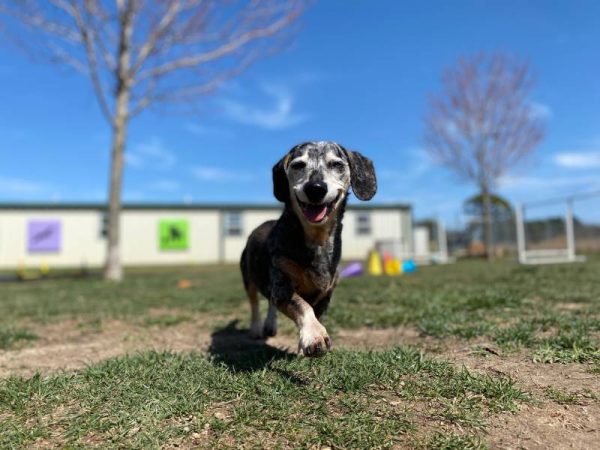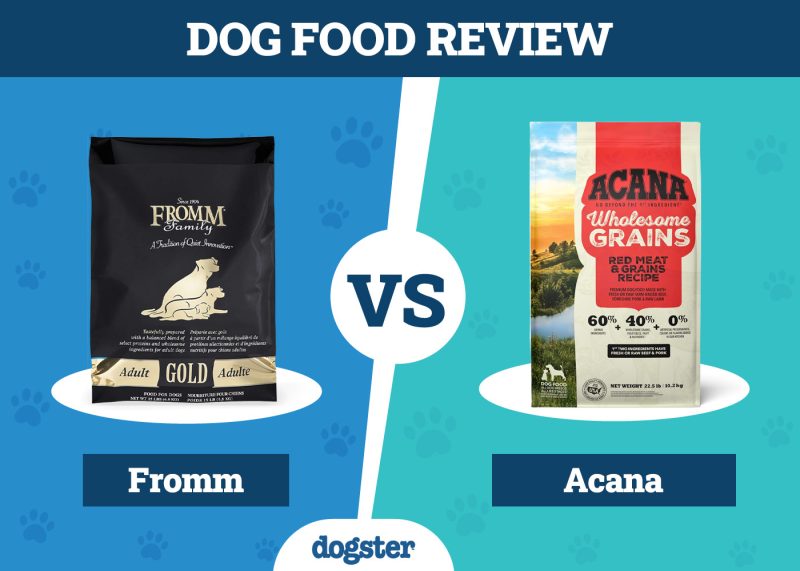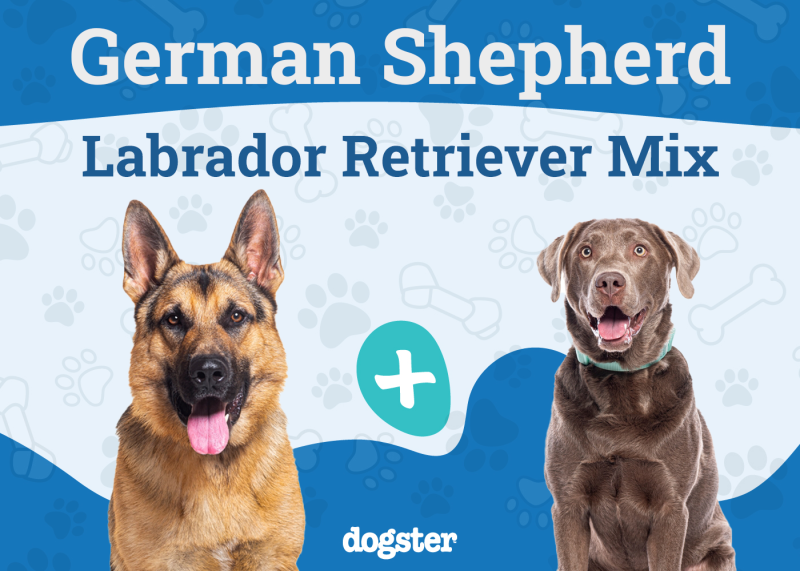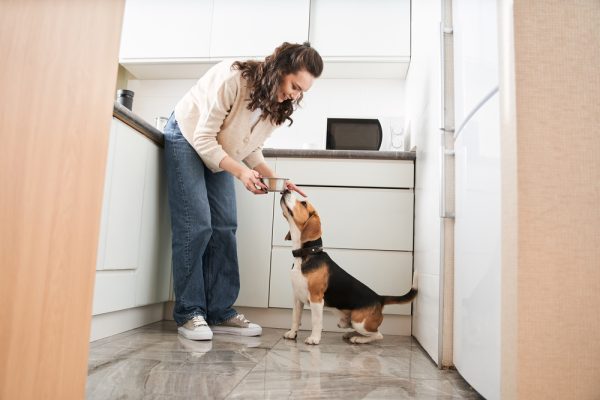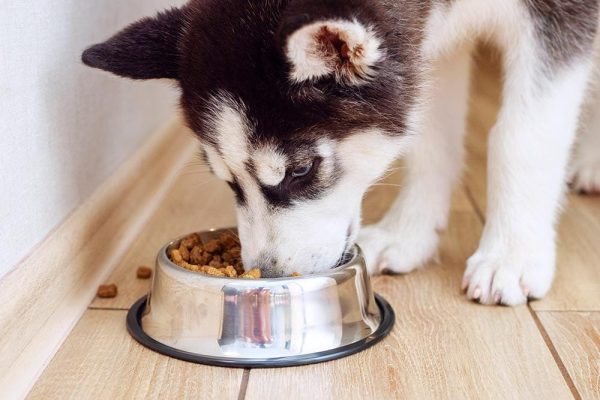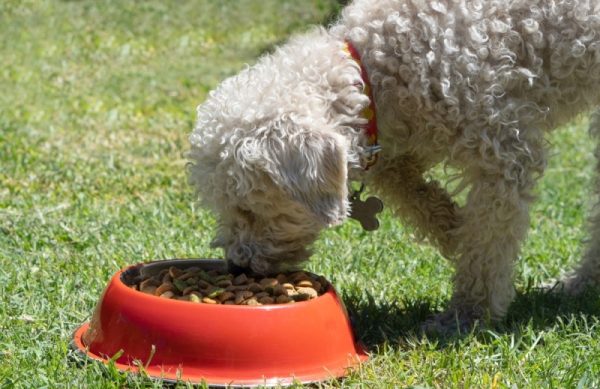In this article
View 4 More +Boston Terriers are pint-sized lovebugs that are hard to resist. These little dogs are loving, intelligent, fun, and at times, a bit hyper. You may see your Boston Terrier rushing around the house with a grand case of zoomies or simply on your heels begging for some playtime. All this energy leaves owners asking, when will my Boston Terrier calm down?
You may think your best friend has an endless supply of happy energy unless it’s sleeping, of course, but no worries. Most Boston Terriers begin to calm down once they reach adulthood, at around 2–3 years old. This timeframe is very dependent on the dog in question’s individuality, but in most cases, you’ll notice some level of calming.
Let’s take a deeper look at Boston Terriers, their life stages, and what you can expect from each one. This will help you better prepare for your dog’s activity level and be prepared for changes as they come.

Boston Terrier Puppies
When you first bring your adorable Boston Terrier puppy home at around 8 weeks old, you’ll want to hold and cuddle your new baby. This may work for the first few days but don’t expect it to last for ages. Puppies have tons of energy. They want to get out there to learn, explore, and conquer their new world. Of course, they won’t be on the go constantly. Puppies also need a lot of sleep and rest to be healthy.
While your Boston Terrier is a puppy, from birth to around 6 months old, you should ensure they are eating good-quality puppy food to give them proper nutrition and enough calories to keep up with their activity level. You’ll also start training which can help harness some of that energy. Proper training will also help your puppy learn the ropes around the house so all that energy isn’t focused on getting into things and causing trouble.
The Adolescence of the Boston Terrier
Adolescence is one of the most fun and trying times of raising a dog. From 6 months of age until around 18–24 months your Boston Terrier will be going through this stage. At this point, they feel more confident in themselves. Your pet should be doing well in training, if you’ve stayed consistent, and will have a few learned commands under their belt. You may even see a rebellious streak come into play.
This is normal and shouldn’t be cause for concern. Instead, keep on with the training so your Boston Terrier knows what’s expected of them and that you aren’t slacking.
You’ll also notice boundless energy at this age. While puppies play hard and crash even harder, adolescent Boston Terriers can go longer. To help during this time, play with your dog, take longer walks, and keep them engaged. Your days may seem long during this period, but your Boston Terrier should start to calm as evening rolls around if they’ve had an outlet for their energy throughout the day.
Boston Terrier Adulthood
A full-grown Boston Terrier weighs between 12 and 25 pounds with heights averaging 10 to 12 inches tall. Adulthood usually starts happening around 18–24 months of age with this breed. This is also when you’ll notice energy levels start to level out a bit. While the Boston Terrier breed itself is known for its playfulness and outgoing personality, there shouldn’t be just constant off-the-wall energy all day, every day.
At this point, your Boston Terrier should be into their routine. Continue walks, playtime, and other forms of mental stimulation throughout the day. While the level of energy won’t be as high, they still need all of this to stay healthy and avoid becoming bored. Don’t be surprised, however, when your best friend takes a long nap or decides to chill with you.
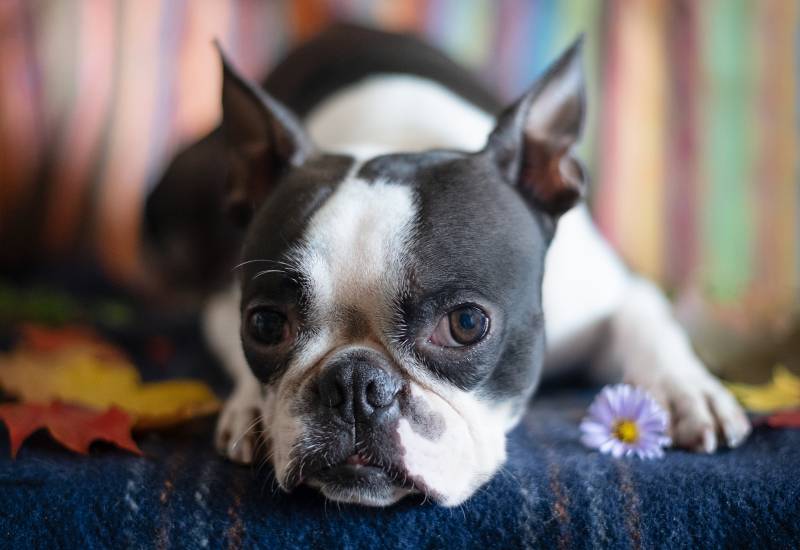
Boston Terrier Seniors
At around 9 to 10 years of age, Boston Terriers reach their senior years. This is when you’ll notice a big change in energy levels which is completely normal. Like with humans, Boston Terriers naturally slow down a bit as they get older. You’ll need to take your pal to the veterinarian for health checks a bit more often to keep up with their care. There are even dog foods out there designed for seniors that have the balanced nutrition they need but are easier for them to eat.
The lifespan of a Boston Terrier is around 11 to 13 years. Reaching their senior years doesn’t mean the end is near. Your best friend will still need walks and playtime. They simply won’t be bouncing off the walls and will respect the importance of a good nap more. You’ll notice their limits will change during this time. An adult dog who can take an hour-long walk may now stick to 30–40 minutes, depending on their general health.
If that’s the case, it’s fine and completely expected.
 The 3 Reasons Your Boston Terrier Isn’t Calming Down
The 3 Reasons Your Boston Terrier Isn’t Calming Down
While natural aging usually helps a Boston Terrier calm down a bit, sometimes it simply doesn’t happen. You may notice your dog bouncing off the walls out of the blue. Here are a few reasons your pooch could be overly energetic and not calming down.
1. Behavioral Issues
Separation anxiety is a real issue for some dogs. The idea of their person being gone too long can trigger different reactions. Some dogs cry the entire time. Others may scratch and bite at themselves or excessively lick.
When you come home, don’t be surprised to find a dog suffering from separation anxiety overly stimulated. They are happy you’re back and showing you this with their actions. However, this condition is not healthy for your dog, so reach out to a veterinarian to get a guidance on how to deal with this issue.
If you need to speak with a vet but can't get to one, head over to PangoVet. It's our online service where you can talk to a vet online and get the advice you need for your pet — all at an affordable price!

2. Not Getting Enough Physical or Mental Stimulation
It’s essential that you provide your Boston Terrier with the exercise and mental engagement they need. If they aren’t, they are going to be tearing through your home being destructive or attempting to engage in play. Unfortunately, this is the case at any age. If you notice your pet is being a bit rambunctious, try to play with them or go for a walk. It could very well be the energy they need to burn off.
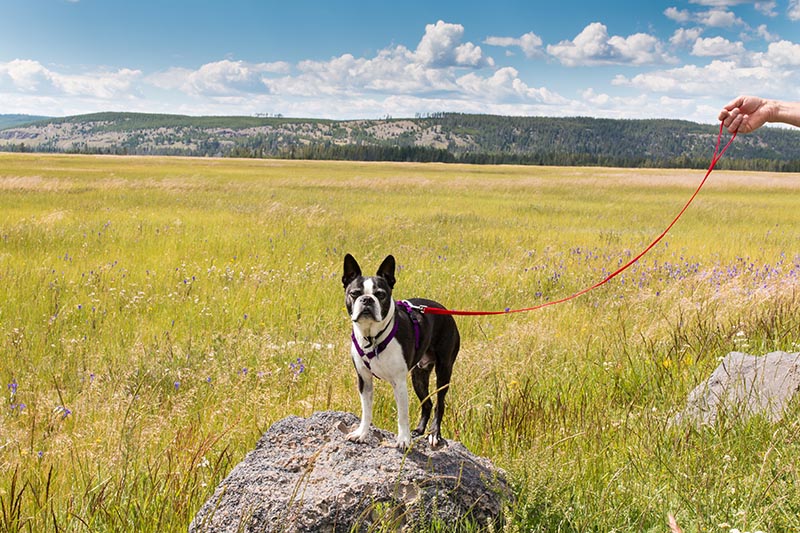
3. Health Problems
Certain health issues can prevent a dog from fully relaxing and may lead to restless behavior. Skin conditions, such as allergies or parasites often cause constant itching or discomfort, which can make a dog scratch or lick excessively. This not only keeps them physically active but can also increase anxiety. Additionally, some neurological issues may lead to behaviors such as pacing, circling, or general agitation, which make it difficult for your Boston Terrier to settle down.

Final Thoughts
As you can see, Boston Terriers are amazing dogs that make great pets. Sure, they are known for being playful, energetic, and at times, comical, but all the energy will eventually start to slow down. If you want a great dog that is loving and affectionate, dealing with a bit of energy shouldn’t be a problem.
Eventually, your Boston Terrier will chill out and welcome a relaxing snuggle on the couch like you’re dreaming of.
- Related Read: Why Is My Boston Terrier Licking So Much? Likely Reasons
Featured Image Credit: Zero Degrees Photography, Shutterstock

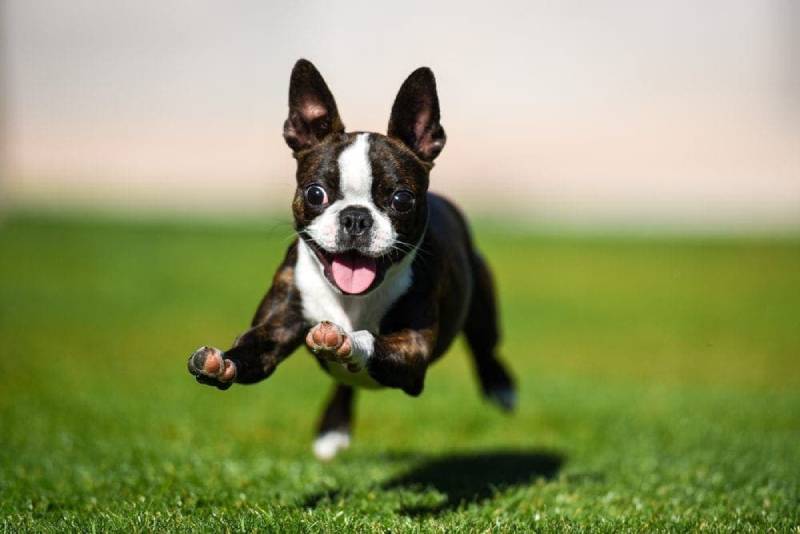
 The 3 Reasons Your Boston Terrier Isn’t Calming Down
The 3 Reasons Your Boston Terrier Isn’t Calming Down



